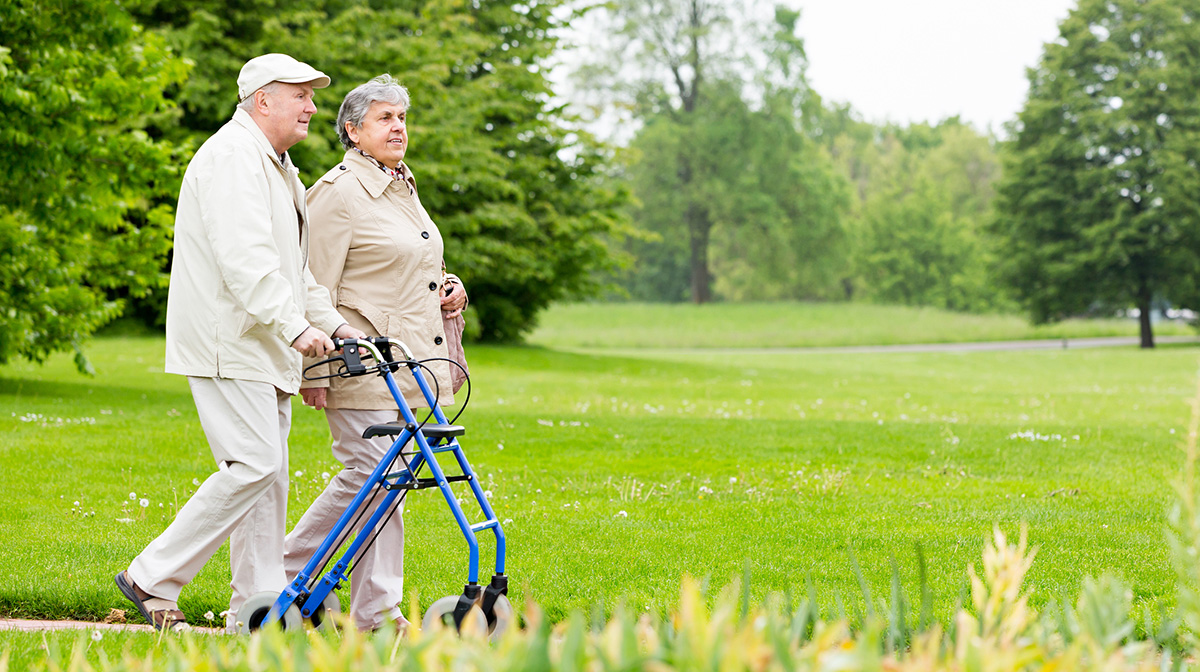A study from China published this week in the Journal of the American Medical Association found that older adults who routinely take Vitamin D and calcium in order to ward off osteoporosis and loss of bone mass may be wasting their money. However, some osteologists in this country disagree.
On one side, a research team from Tianjin Hospital found little evidence to support the idea that such supplements do anything to protect seniors from bone fractures. This conclusion was based on a review of 33 clinical trials involving over 50,000 subjects in the U.S., U.K., Australia and New Zealand. All participants in the studies were aged 50 and over and living on their own. The study examined patient records over a five-year period between 2012 and 2017. These records were obtained from three different databases, using keywords that included “calcium,” “vitamin D” and “fracture.”
It was noted that a large number of patients whose records were taken from the Women’s Health Initiative (WHI) study did benefit from taking vitamin D and calcium – but only when this was done in combination with hormone therapy following menopause.
Lead author Dr. Jia-Guo Zhao, an orthopedic surgeon, says, “The routine use of these supplements is unnecessary in community-dwelling older people…it is time to stop taking calcium and vitamin D supplements.”
One of his U.S. colleagues, Dr. Daniel Smith, disagrees. Smith is an assistant professor of orthopedics at the Icahn School of Medicine. He says, “The big picture, which seems to be lost in this study, is that the personal health cost of a hip fracture can be catastrophic. The potential benefit of calcium and vitamin D supplementation in preventing even a small number of hip fractures far outweighs the otherwise minimum risks associated with routine calcium and vitamin D supplementation in at-risk populations.”
Smith noted that while the study focused on the use of supplements, it failed to consider whether or not participants were getting these nutrients from food sources and sunlight (vitamin D is produced by the skin’s response to ultraviolet radiation).
Andrea Wong of the Council for Responsible Nutrition (a trade group representing the dietary supplement industry) also disagreed with the study. She pointed out that the WHI data has limitations due to participants who either did not take supplements as directed in the study, or had taken them on their own.
The WHI data may have skewed the results of the study, she said, adding, “If there is the possibility of reducing the risk of a devastating fracture by supplementing with calcium and vitamin D…people should not be dissuaded from supplementation by a meta-analysis that is meant as a general recommendation and may not apply to each individual.”
Past research has indeed confirmed that vitamin D and calcium are important for bone health, particularly among the elderly. Zhao does not disagree; however, he believes that such people would do better to get such nutrients from their diet and exposure to sunlight.

